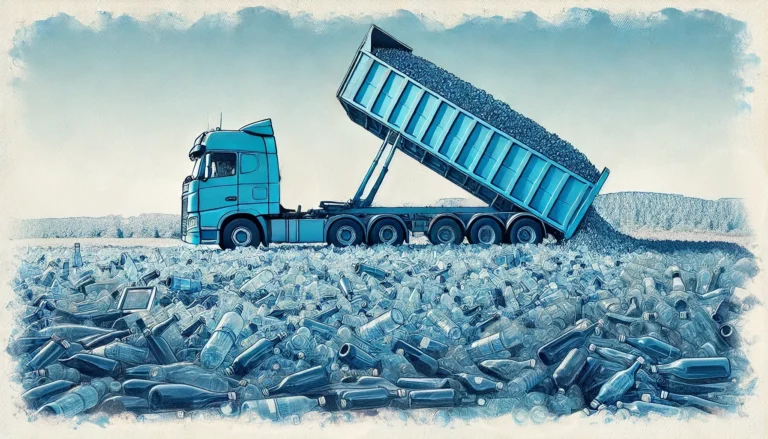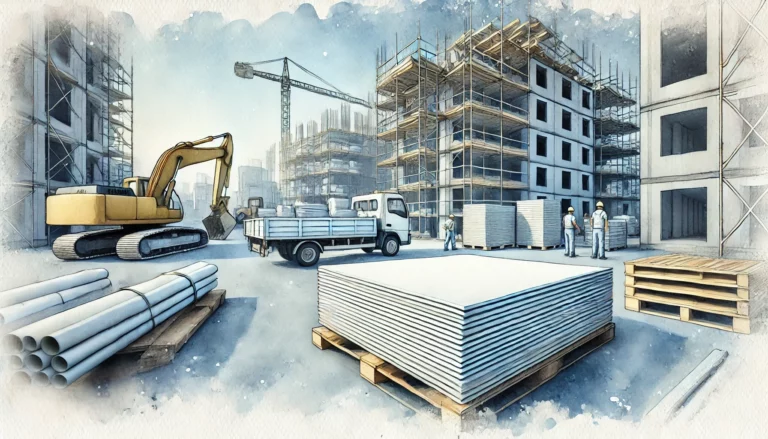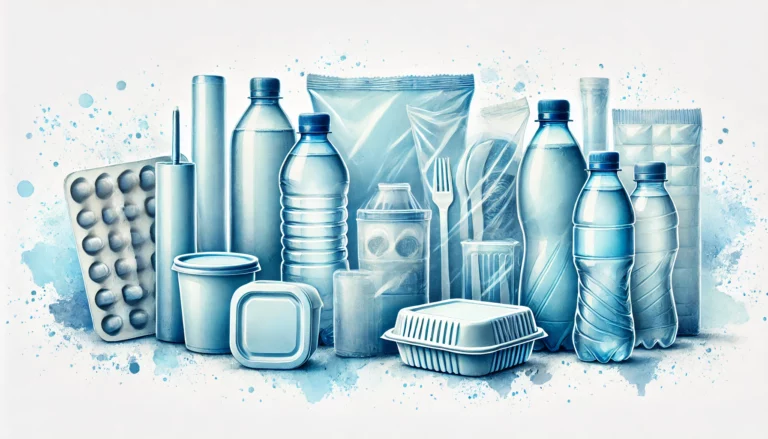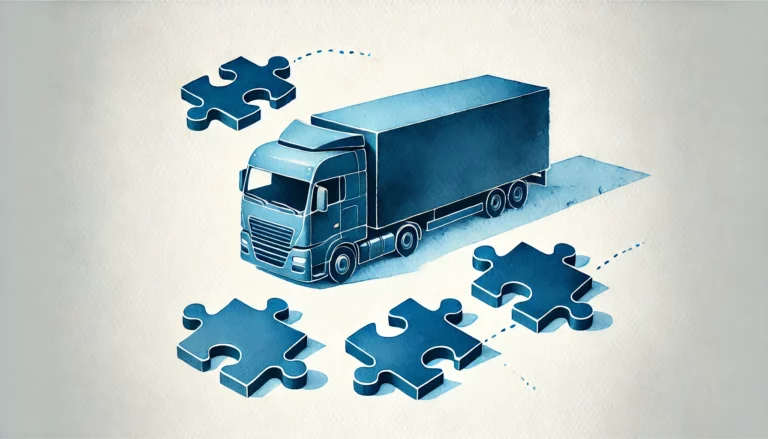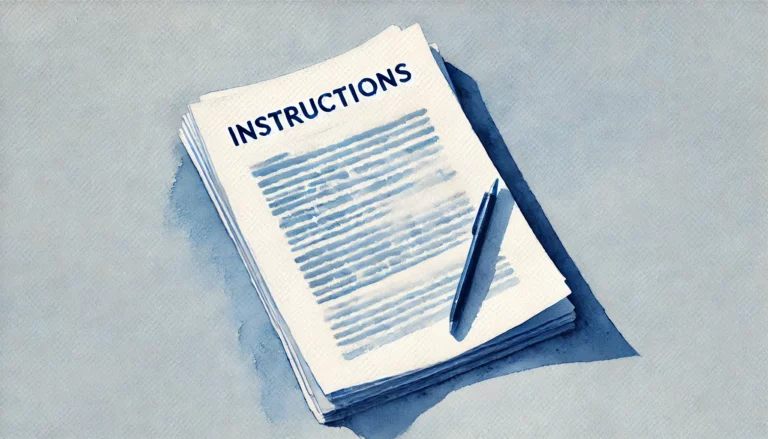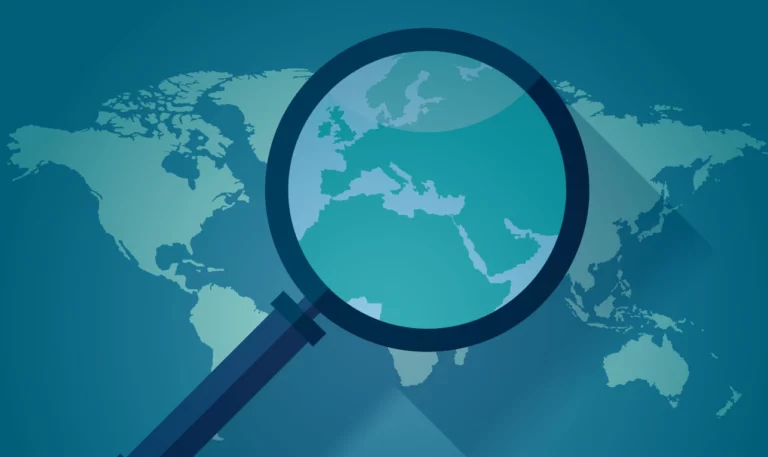Avoid waste transport fines: how to keep your shipments moving legally in Europe
Transporting waste across European borders can feel like navigating a minefield of permits, local regulations, and inconsistent rules. Yet, many companies underestimate how quickly a missing document or a misclassified waste code can escalate into a multi‑thousand‑euro fine — or worse, a blocked shipment. The good news? It doesn’t have to be that way.
Do you need help with obtaining waste transport permits? Contact us:
Who’s at fault?
When a load gets stopped at the border, it’s rarely just the carrier’s fault. Instead, it often reflects a breakdown in documentation management—shared across producers, brokers, carriers, and recyclers.
Waste producer: the hidden trigger behind transport disruptions
At the very beginning of the chain stands the waste producer — often a manufacturer, recycler, retailer, or construction company. Their primary responsibility is to correctly classify the waste (using proper EWC codes), identify the hazard level, and declare whether the material still qualifies as “waste” or has achieved “end-of-waste” status.
The problem? Producers often misunderstand what their declaration really means. Misclassifying a load of textile scraps or incorrectly assuming that certain plastics are no longer waste can turn a legal shipment into an illegal one — especially if the receiving country has different interpretations.
Risk they cause: Regulatory misalignment, misdeclared content, improper labeling.
Why it matters: If a German customs agent disputes the classification, the producer may be liable for return shipping costs, fines, and legal disputes.
Waste broker/freight forwarder: the optimistic middleman
Brokers or freight forwarding companies are typically tasked with “arranging” transport — not executing it. They often promise clients that everything is “under control”, but without direct control over the documentation or deep understanding of country-specific rules, they might cut corners or leave critical gaps.
Risk they cause: Overconfidence, incomplete documentation, generalizations (e.g., “Annex VII is enough for all plastic waste”).
Why it matters: If stopped, brokers can’t offer on-the-spot fixes — and the client (or the driver) suffers the real-world consequence.
Transport company: the ground-level scapegoat
Transporters are responsible for physically moving the waste. But in reality, they often operate in the dark: drivers are handed paperwork and told to drive — with little knowledge of what’s inside the container or whether the paperwork is valid.
Authorities, however, see things differently. If anything’s wrong — from the wrong license plate on an Annex VII form to missing TFS consent letters — the truck gets stopped and the driver questioned or fined.
Risk they bear: Uninformed liability, vehicle seizure, penalties up to €25,000 in some countries.
Why it matters: Even if not at fault, transporters are most exposed during roadside inspections.
Recycler/consignee: the final gatekeeper
At the end of the chain stands the consignee or recycler. Their job is to accept, process, or recover the waste legally. However, they cannot accept shipments that are misdocumented, non-compliant, or untraceable.
Some recyclers — particularly in Italy, France, and Austria — will refuse a load if the attached documentation is even slightly inconsistent. Others may demand post-delivery corrections or notify authorities, potentially triggering wider investigations.
Risk they carry: Reputation damage, compliance violations, temporary facility shutdowns.
Why it matters: Many recyclers are under scrutiny from local environmental regulators — one bad load could jeopardize their permits.
Waste transport across Europe: different rules, same risks
Although all EU countries operate under the Waste Framework Directive, each Member State applies its own rules to waste transport—especially when it involves international shipments. Legal harmonization offers structure, yet national nuances create major traps. Here’s a country-by-country look—each one has its own version of the same risk:
Germany
Germany enforces some of the strictest waste transport fines and protocols in Europe. While domestic waste handlers are obliged to follow the Rückmeldeverfahren (return notification system), foreign companies are not required to use this system unless they are certified as Entsorgungsfachbetrieb (EfB). For them, KrWG provide for the obligation to obtain a permit. Compliance checks are frequent, especially for plastic and e-waste imports.
France
France uses its ELO system exclusively for UK–France waste shipments. For other EU transports, standard TFS documentation and proof of consent remain mandatory. Customs officers are vigilant, especially for shipments lacking complete tracking paperwork.
Italy
Italy requires registration in its national ALBO registry for domestic operators. While the SISTRI reporting system has been replaced by RENTRI, foreign entities are not obligated to use it. However, Annex VII and waste classification documents must still meet Italian transport and import standards.
Poland
Poland enforces strict controls through its BDO (Waste Database) and SENT (road freight monitoring) systems, but these apply primarily to domestic operators. Importing companies must ensure waste classification aligns with Polish regulations, especially in cross-border scenarios.
Waste transport fines? Not with us at your side
Built by Ekologistyka24 Group, WTS draws on a decade of expertise in environmental compliance and cross-border logistics. As your partner, we can do de following:
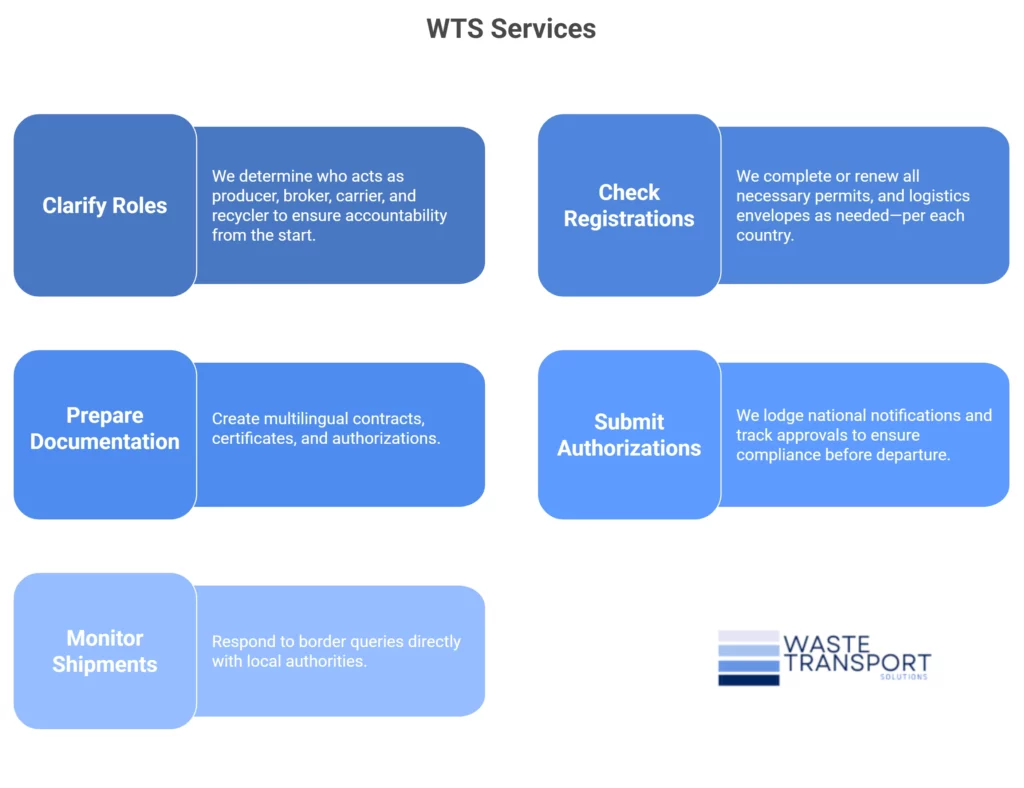
With WTS handling bureaucracy, you stay focused on your core business—without the nightmare of EU waste logistics.
Why compliance in waste transport is non-negotiable
Navigating cross-border waste transport is far more than filling in forms. Each party—from waste producers and brokers to transporters and recyclers—bears legal risks that can carry real-world consequences.
Producers and brokers: reliable partners or compliance risks?
Waste producers and brokers shoulder the legal burden of ensuring waste gets classified correctly. A small mistake—like mislabeling e-waste—can flag a shipment as non-compliant. Consequently, authorities may freeze or block the cargo, and the producer or broker may receive a hefty administrative penalty. As highlighted in published reports, many illegal operations occur because brokers or producers opt for cheaper, unlicensed handlers. Although attempting to cut costs may seem tempting, the resulting fines outweigh any short-term savings.
Carriers in waste transport: always moving, always watched
Carriers without proper permits expose themselves to major financial and reputational damage. Officials across Europe classify improperly documented goods as violations. Even carriers who rely on brokers can face liability: authorities may hold the vehicle, seize cargo, or revoke licenses. The simplest error—like a typo in waste code—can trigger severe compliance checks and delays.
Recyclers: last in line, first to reject
Recyclers can incur penalties if they accept waste shipments with flawed documentation or illicit sources. They must resist any temptation to overlook irregularities—even seemingly minor ones. Accepting shipments with issues like misclassification or forged Annex VII forms opens them to joint liability. They could face fines, license revocation, and in severe cases, criminal charges.
Regulators: where non-compliance meets consequences
Regulators across the EU—including IMPEL (European Union Network for the Implementation and Enforcement of Environmental Law), national environmental agencies, and customs—are collaborating to clamp down on illegal waste movements. Since the introduction of stricter controls under the revised EU Waste Shipment Regulation, enforcement actions have intensified. Real-time tracking tools now allow authorities to intercept suspect loads before they enter landfills or incinerators. This signals a shift toward accountability, placing legal responsibility squarely on compliance at each node.
Final advice – how to avoid waste transport fines and stay ahead of trouble
- Always verify if the shipment requires waste transport permit or other vital documentation.
- Check and recheck waste codes and country-specific requirements.
- Don’t assume freight forwarders manage legal compliance—they don’t.
Transport waste legally and smoothly—without getting buried in bureaucracy. Waste Transport Solutions, part of Ekologistyka24 Group, has built a reputation on easing cross-border environmental compliance. We’ll manage the steps; you’ll reap the freedom to operate with certainty.
Need help navigating EU waste documents and local authorizations? We’re ready when you are.


